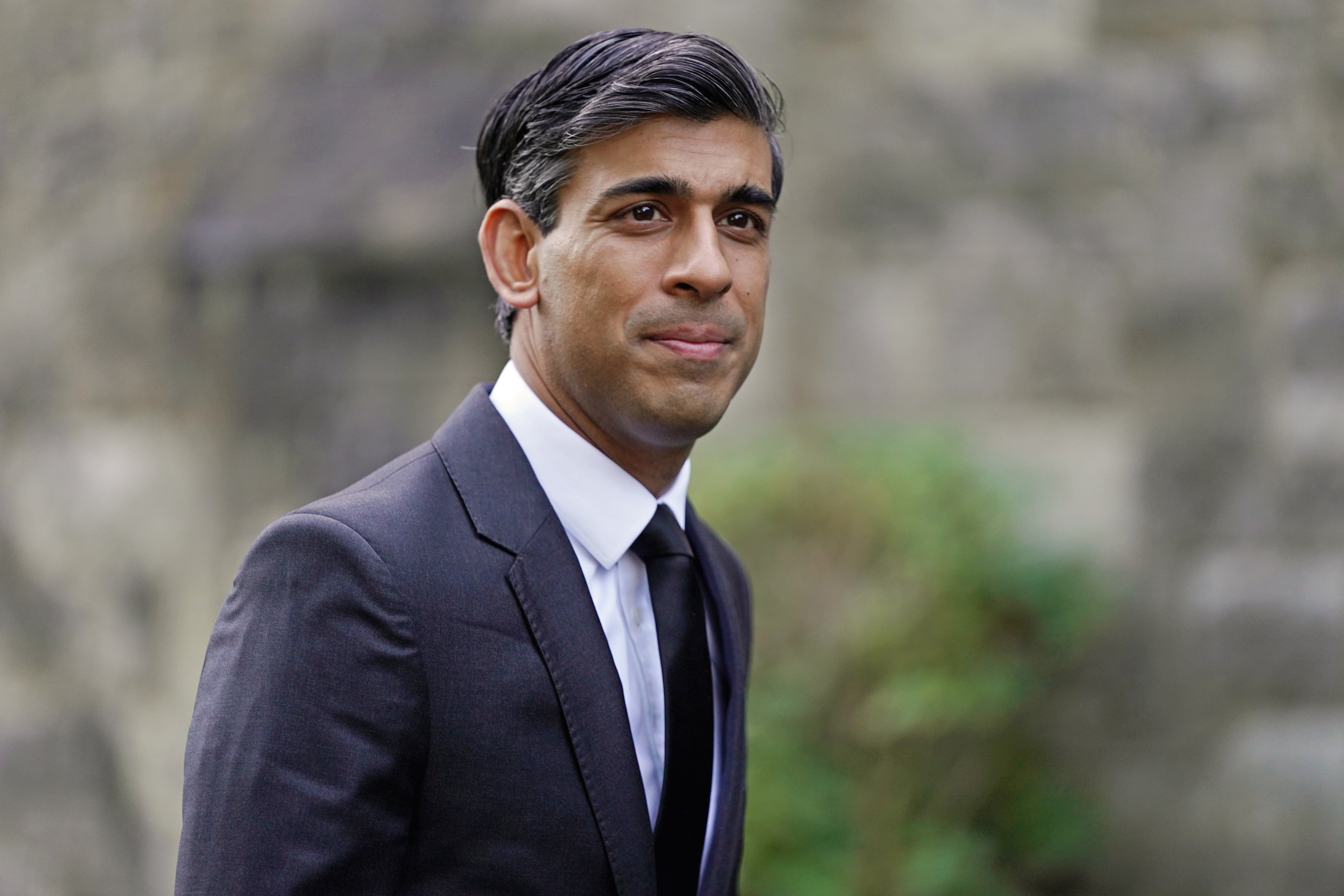Government not prioritising economic fraud, MPs warn
The Treasury Select Committee said ministers must tell them what their plans are for tackling fraud and also said Companies House fees should rise.

Your support helps us to tell the story
From reproductive rights to climate change to Big Tech, The Independent is on the ground when the story is developing. Whether it's investigating the financials of Elon Musk's pro-Trump PAC or producing our latest documentary, 'The A Word', which shines a light on the American women fighting for reproductive rights, we know how important it is to parse out the facts from the messaging.
At such a critical moment in US history, we need reporters on the ground. Your donation allows us to keep sending journalists to speak to both sides of the story.
The Independent is trusted by Americans across the entire political spectrum. And unlike many other quality news outlets, we choose not to lock Americans out of our reporting and analysis with paywalls. We believe quality journalism should be available to everyone, paid for by those who can afford it.
Your support makes all the difference.The Government must do more to prioritise economic crime and explain why legislation is being delayed, according to an influential group of MPs
The Treasury Select Committee said in a fresh report that ministers should consider creating a new government department that oversees all economic crime, along with a new law enforcement agency to avoid confusion.
MPs also called for an overhaul of Companies House and to increase the cost to register a business from £12 or £13 currently to £100 in an attempt to deter criminals from setting up hundreds of shell firms.
The report looking at the Government’s proposed Economic Crime Bill said politicians on the committee were unhappy at the lack of progress and shared the views of former minister Lord Agnew, who resigned from the Government last month.
The former joint Treasury and Cabinet Office minister for efficiency and transformation quit dramatically in the House of Lords a week ago, calling delays “foolish”.
Committee chairman Mel Stride told the PA news agency the Government must explain itself.
He said: “One of the major reasons he (Lord Agnew) resigned is because the Economic Crime Bill is not going forward to the next Queen’s Speech.
“What the committee is saying on that is that the Government needs to identify or provide us with the details of what legislation do they think is required across this whole area of economic crime and what powers are already on the statute book.”
The committee suggested the Government “should consider whether policy responsibility should be centralised in a single government department”.
It added: “Economic crime seems not to be a priority for law enforcement. The number of agencies responsible for fighting economic crime and fraud is bewildering.
“Each of the enforcement agencies has other crime-fighting or regulatory objectives, and the Government needs to consider whether there should be a single law enforcement agency with clear responsibilities and objectives to fight economic crime.
“The Government must ensure that law enforcement agencies are appropriately resourced to tackle the scale of the problem.”
Mr Stride added: “There’s a resourcing question. The police spend about 1% of their resource on a crime level that is about 30% of all crime that is fraud related, so you’ve got an imbalance.
“There are things that need to be done in certain areas that are being delayed and taking too long to bring in.”
On Companies House, the committee said the UK charges fees well below the average for other European countries and that it should consider raising them to around £100.
Currently, anyone can set up a business in the UK for just £12, or a limited liability partnership for £13.
But MPs warn this could breed fraud and should be changed with legislation because current funding rules state Companies House can only charge enough money to cover its costs.
The committee said raising it to £100 would not deter entrepreneurs and could raise £80 million, which could be used to fight fraud.
The report also said the Government should include measures in the Online Safety Bill to prevent fraud and put pressure on tech giants to crack down on fake adverts.